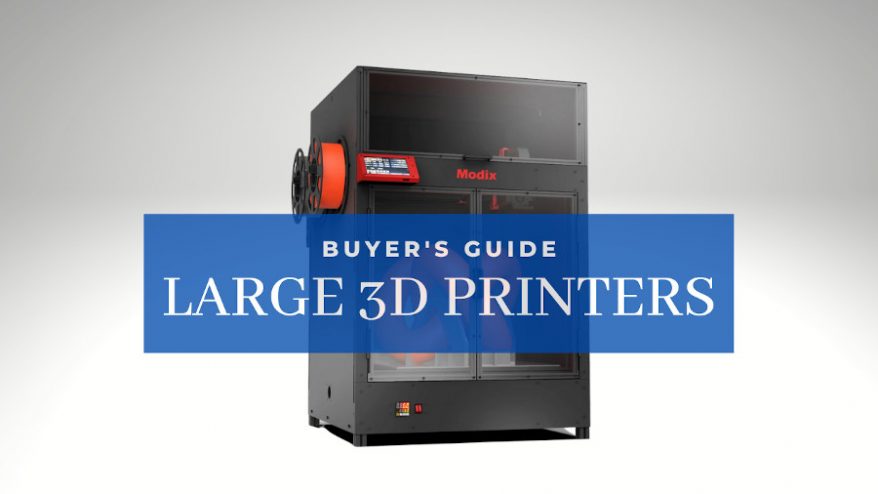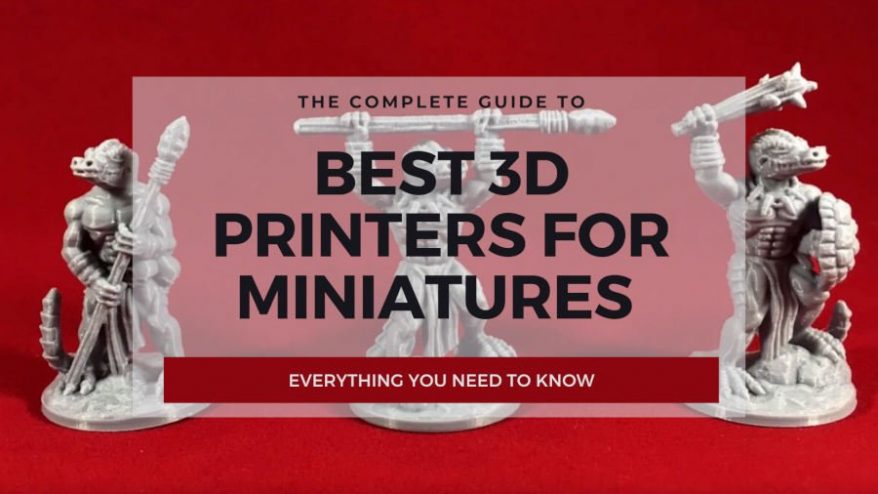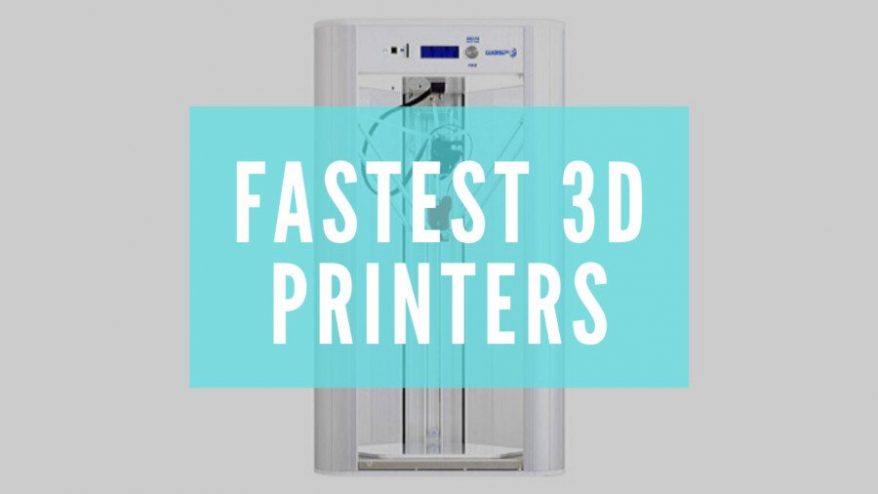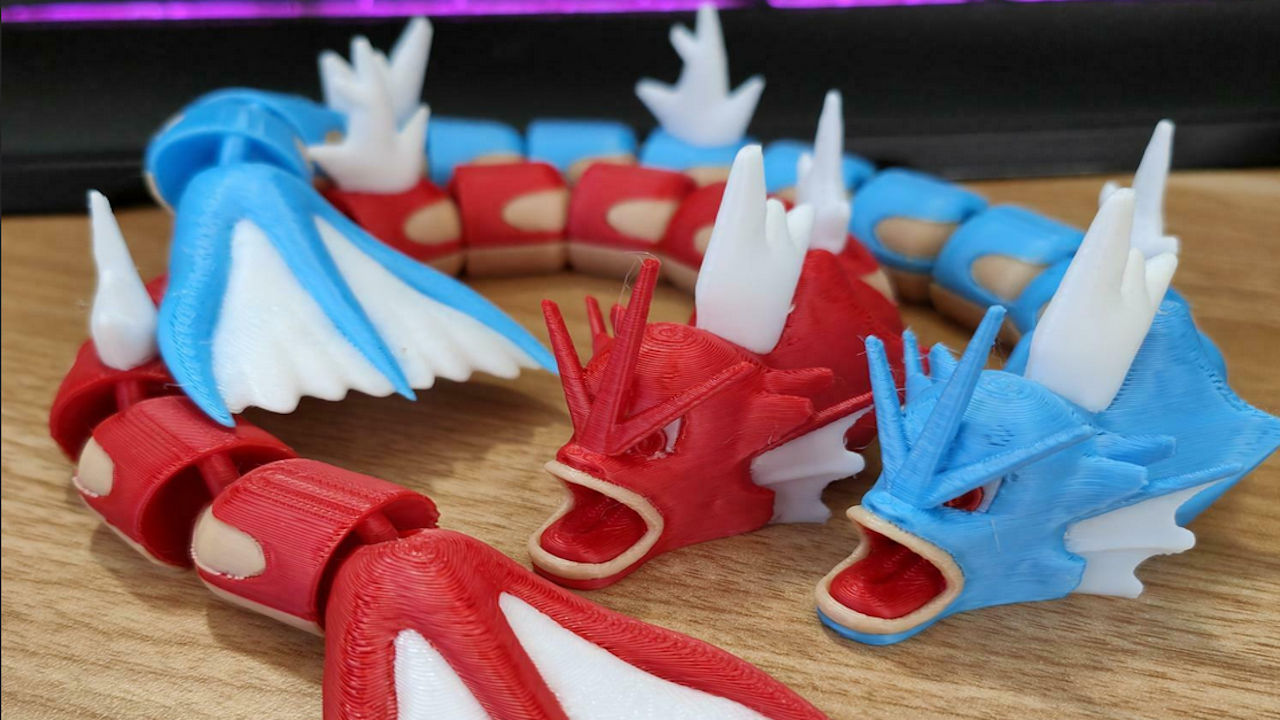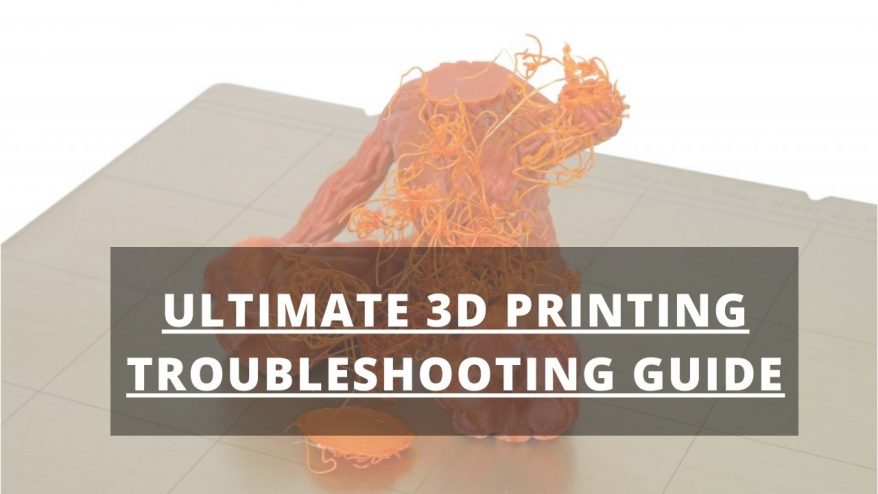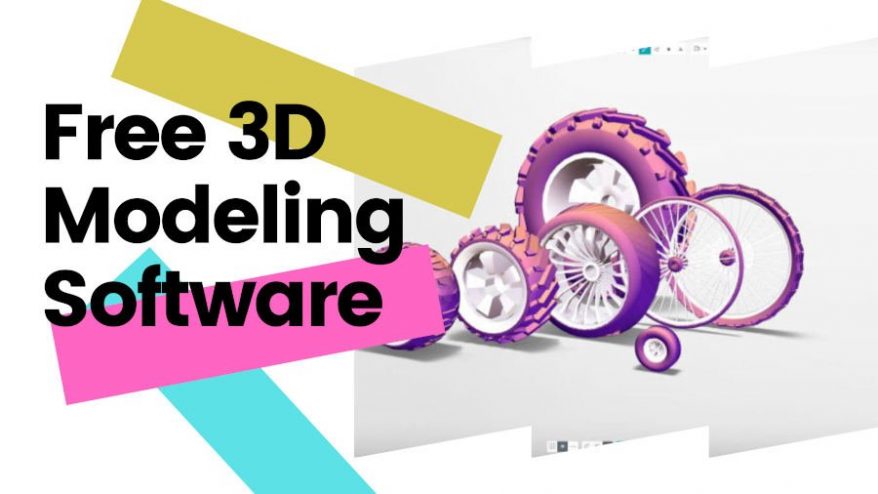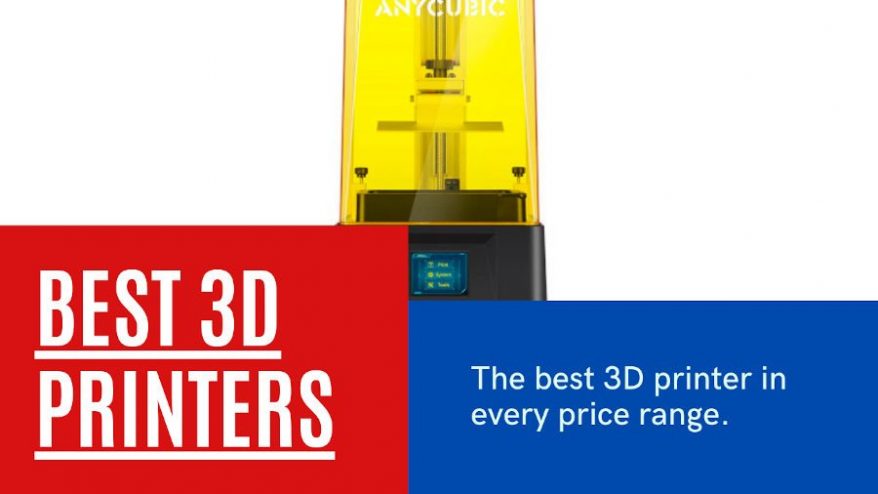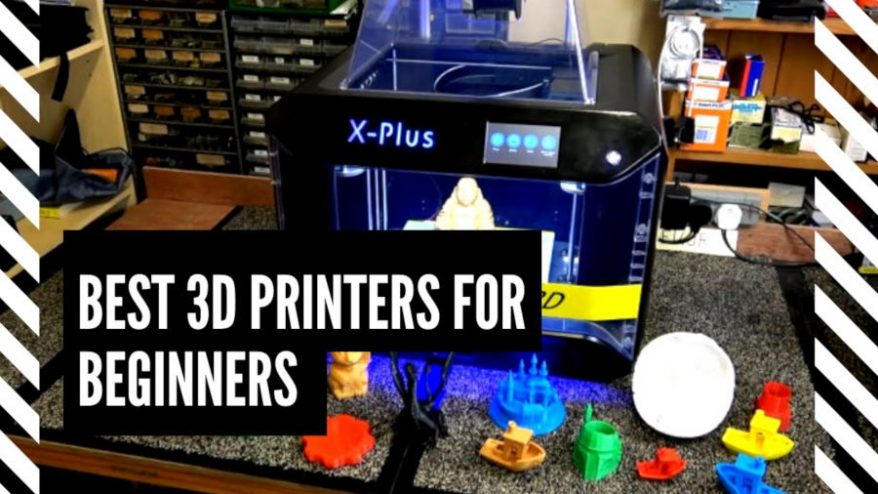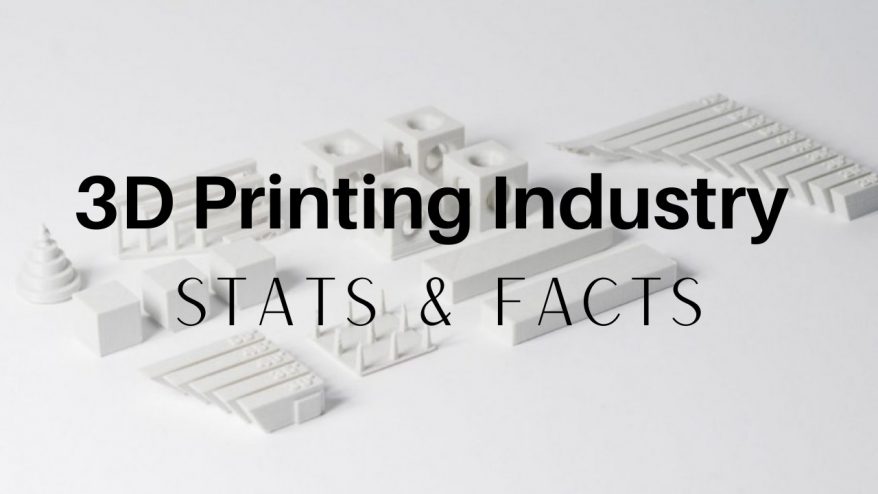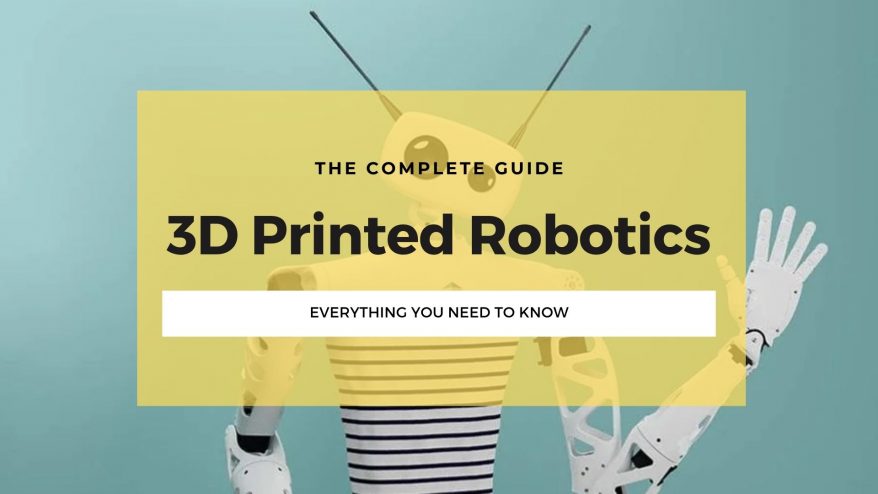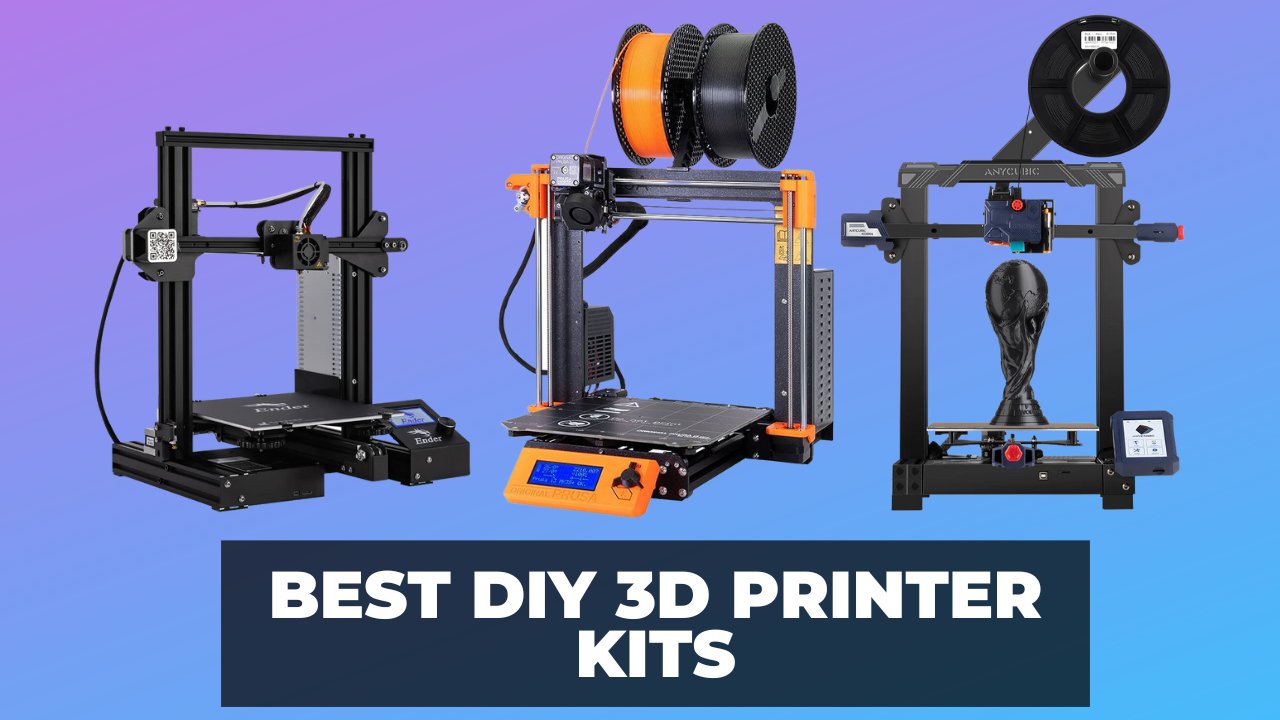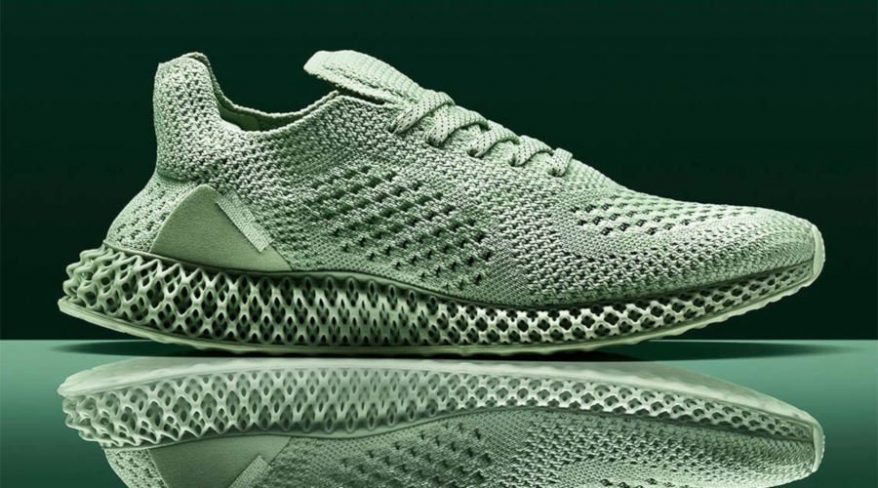Key Takeaways
- Legal Risks: Selling 3D printed miniatures can infringe on others’ intellectual property rights. Check the license and ownership before selling.
- Profit Potential: Selling 3D printed miniatures can be lucrative, but requires unique and high quality models to stand out from the competition.
- Personal Use: 3D printing miniatures for personal use is generally legal, but may change depending on the laws and IP holders’ actions.
- Commercial Use: 3D printing miniatures for commercial use requires consent or agreement from the IP owner, or creating your own original models.
Interested in converting your hobby 3D printing miniatures into a money making venture, but aren’t sure about the legalities of selling these for profit? It’s a question many a skilled maker has likely pondered, and one that deserves a lot of consideration specifically when it comes to selling 3D printed miniatures.
The main issue is the models used to 3D print minis aren’t owned by the maker, with many files based on characters, games, and IPs owned by huge businesses with even bigger legal teams.
This opens the door to a sea of copyright, trademark, patent infringement, and commercial pitfalls that turn a lucrative miniature printing business into a legal fiasco.
In this guide, we’ll take a look at whether you can sell 3D printed miniatures, what you need to understand before starting your business, and the important distinction between printing copyrighted minis and selling them for profit.
Can You Sell 3D Printed Miniatures and Figurines?
Yes, you can sell 3D printed miniatures and figurines, as long as you have designed and modeled them yourself and they don’t infringe on another parties IP ownership, or you have a solid, written, legally-backed agreement/license with and clear consent from the copyright/trademark/IP owner. Otherwise, it is illegal to sell 3D printed miniatures based on a model you don’t own or haven’t designed yourself.
This means that if you download a model from a site like Thingiverse and it’s bound to a Creative Commons Attribution license that permits commercial use, you can sell any printed reproductions of the model for profit.
However, if the model has a Creative Commons Non Commercial license, Copyright, or Registered Trademark, you are prohibited from selling the printed model. You can head to the Creative Commons website for a clear breakdown of all the different licenses available.
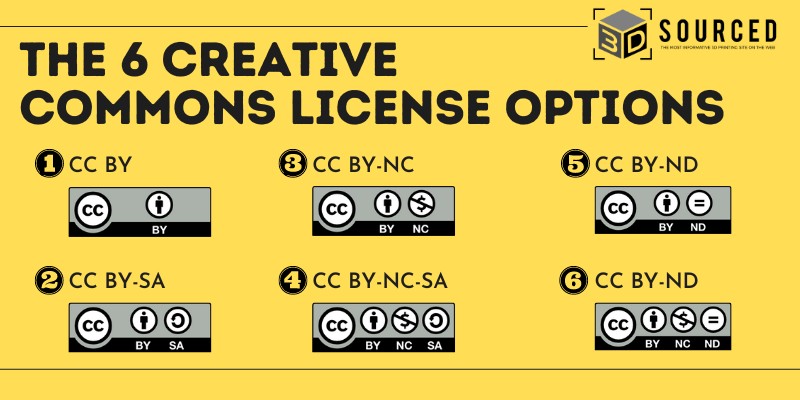
It’s also important when printing models with CC Attribution Commercial licenses to ensure that the person submitting the model to Thingiverse is indeed the creator and does own the copyright to the design, that it doesn’t infringe on an another’s IP and hasn’t been poached and uploaded it to the platform without prior consent or an express agreement.
Just because a submission has a license for commercial use isn’t always a firm confirmation the IP attached to the design or model isn’t owned by someone else.
For example, a maker can create a unique model of Spider Man, then though they may have included a commercial-use license when uploading it to an STL depository like Thingiverse, you would still be breaching trademark and copyright laws if you sold any printed copies as Marvel holds these and not the creator of the model.
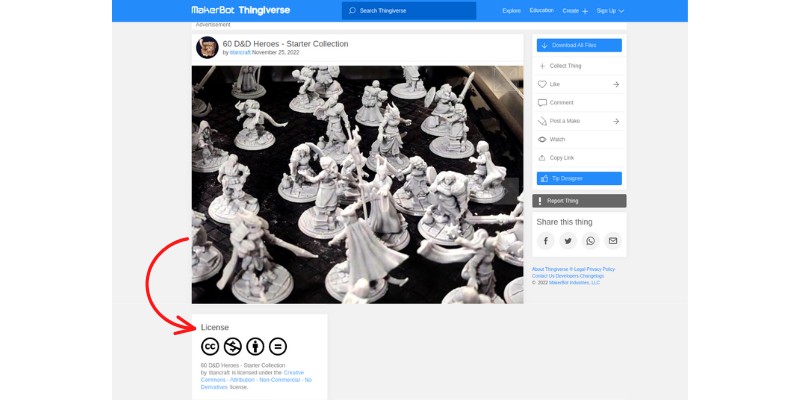
While this covers Thingiverse, many other 3D model websites include different licenses ranging from stringent copyright to exclusivity, and commercial-use subscriptions to royalty-free licenses. The key here is to scrutinize the fine print of each license to understand where you stand in regards to commercial use of the models each website offers.
But, as a general rule, we recommend erring on the side of caution and avoid selling models you’ve downloaded online, even ones you’ve paid money for.
Can You Make Money Selling 3D Printed Miniatures?
You can indeed make money selling 3D printed miniatures. The main appeal from the consumer side is that 3D printed miniatures tend to cost substantially less than those attached to a big franchise or brick and mortar stores like Games Workshop in the UK, and 3D printed miniatures are often sold online for more than 10x what the resin costs to print them.
Websites like Etsy, CGTrader, Patreon, MyMiniFactory, and eBay with an established user base and proven track record allow you to sell these fairly easily.
How much money you can make depends on the scale of the operation and what type of mini you plan on creating. Popular items that stand the test of time can sell in the thousands, netting the creators a hefty profit.
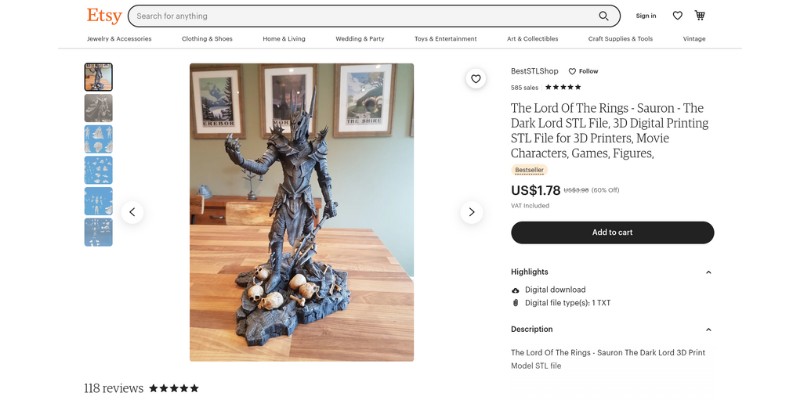
All this is heavily caveated by the fact that there are more 3D printers out in the wild than ever before, which means more people than ever are trying their hand at turning a profit by selling 3D printed miniatures. Cutting through the noise is tough, and only those that produce unique, high quality miniatures stand a chance of turning a profit that makes it worth the time and investment.
Can You Sell Other People’s 3D Models?
No, as a general rule, you cannot sell other people’s 3D models – unless you have an explicit agreement or consent from the owner of the model. Without an agreement, you run the risk of infringing on the copyright/IP/trademark, which is a criminal offense, and triggering costly legal consequences.
The owner is well within their rights to pursue legal action against you, which can result in hefty fines, i.e. recouping any profits obtained from selling the model based on the intellectual property.
There are, however, exceptions linked to the specific license attached to the model in question. Certain Creative Commons licenses, such as Attribution CY BB, allow you to reproduce a digital model, change it, remix it, and even sell it freely to turn a profit.
As such, it’s worth taking the time to investigate where you stand in regards to any model downloaded off the internet, whether paid or free, before committing to selling them.
Is Selling 3D Models Profitable?
As with any small business, profitability depends on too many factors, and a good dose of luck, to explicitly say that selling 3D models is indeed a lucrative pursuit. That said, many makers on sites like Etsy are able to live off their craft, so it’s possible to carve out a profitable business.
The issue is that with so many more 3D printers in the hands of hobbyists around the world, you are competing with thousands of other people who’ve had the same idea to 3D print models for sale.
To stand out, you’ll need to not only offer unique and desirable models, but also produce them to a very high standard to cut through the noise and attract buyers.
We have written more on this in our article on how much 3D printed miniatures cost to print. If you are interested in starting to 3D print miniatures, we recommend our articles on the top 3D printers for miniature printing.
Is It Legal to 3D Print Warhammer Models?
It is legal to 3D print Warhammer figures from models obtained on the internet or if you’ve designed a digital file yourself as long as you don’t sell them for profit or commercial use. Patent, copyright, and trademark laws prevent anyone from selling any model based on someone else’s intellectual property.

However, it’s worth keeping an eye on any changes to laws that cover where creators and IP holders stand legally. For example, the 2021 Appropriations Act changed the way IP holders and perceived infringers interact. This article is also useful for a general understanding of where you stand with 3D printing and intellectual property.
As a general rule, caution is recommended as intellectual property laws in theory prevent the creation, download, or 3D printing of trademarked characters, even for personal use. You can theoretically face legal consequences if you print a trademarked character such as a Pokémon, with some large companies becoming increasingly studious in pursuing people breaking these laws.
The reality is that there’s little incentive to chase after individual people printing one or two odd models, as the damage would be more or less inconsequential for a massive corporation juggling hundreds of IP.
How Much to Charge for 3D Printed Miniatures?
How much to charge for 3D printed miniatures depends on the complexity and the type of miniatures. For example, on popular sites like MyMiniFactory prices range from $3 for a simple single mini up to over $60 for a complete collection.
It’s a question of balancing being competitive against other similar minis on your chosen platform and turning a reasonable profit. It’s worth scouring through sites like Patreon, Etsy, CGTrader, and the like for models similar to yours to get a sense of the going prices, then potentially lowering it a little to appeal to buyers.
Related articles:
- Which Is Best For 3D Printing Miniatures: Resin vs FDM
- How Much Does 3D Print Miniatures Cost? Read What Our Calculations Show
- Best Resins for Miniatures
- How to Design and 3D Print Miniatures
- Which 3D Printers Are Best For 3D Printing Miniatures (and Terrain)?
- The Best Filaments For FDM 3D Printing Miniatures
- We Computed How Much You Can 3D Print With 1L/500ml Resin
- How much can you print with 1kg filament?
- Here Are The Top Free & Premium Thingiverse Alternatives For STL Files
- Warhammer 40K 3D Print Files & The Best Sites To Download From
- Guide To The Best Dungeons & Dragons 3D Print Model Download Sites

